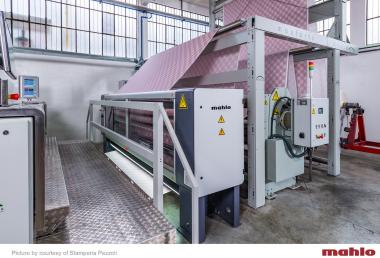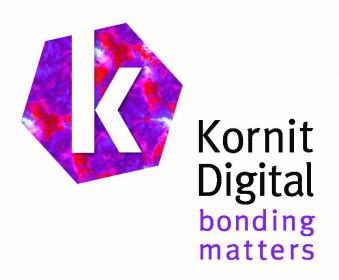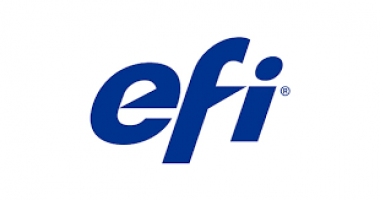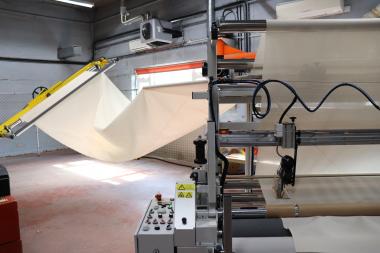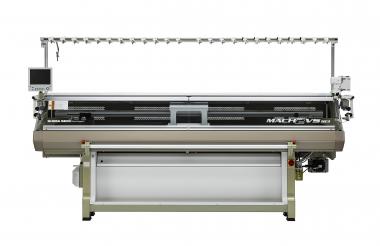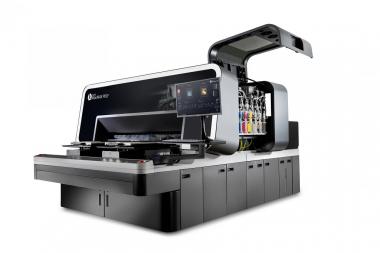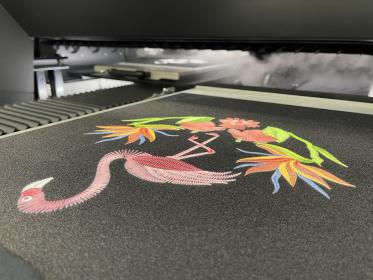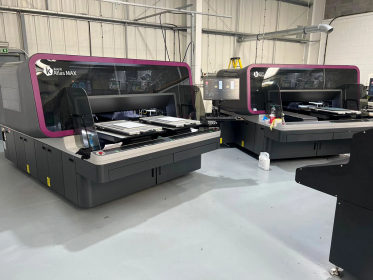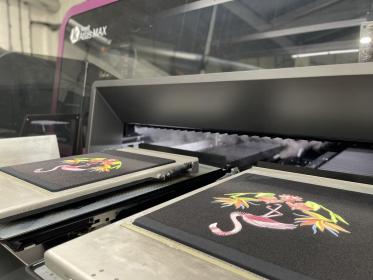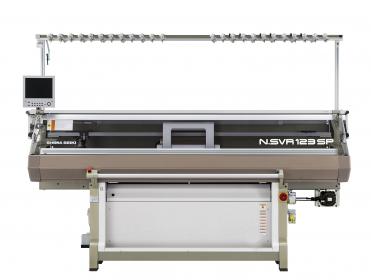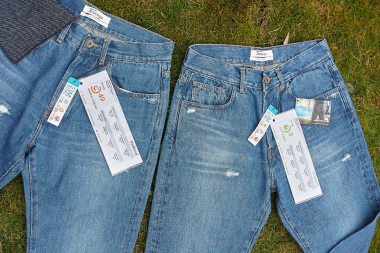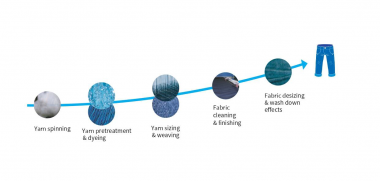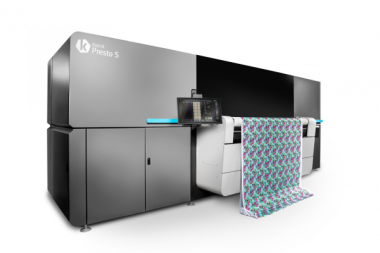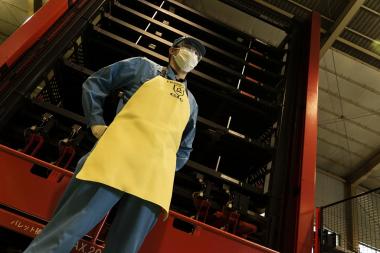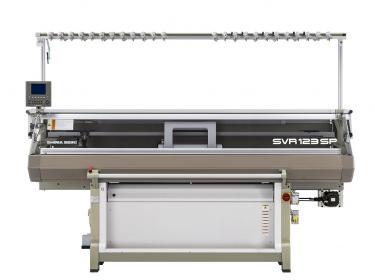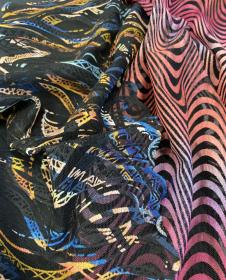Mahlo at Febratex
Brazil hosts all industries needed for textile and garment production - from fiber to final production. This is why Mahlo, with its diverse solutions on straightening technology and process control, will exhibit at Febratex, held on August 23-26 in Blumenau.
"No matter what products they make, all producers have the same goals at the end of the day," says Area Sales Manager Miguel Lessel. "High-quality goods without distortion and optimized processes that combine quality and economy.
The automatic straightening system of the world market leader ensures thread-straight fabric in almost all applications. The modular system can be adapted to individual production conditions. To optimize the processes around the stenter frame, Mahlo offers various process control systems. These can be used, for example, to measure and control critical parameters such as dwell time, thread density or residual moisture. These systems not only help to improve the quality of the textiles, but also to save raw materials and reduce energy costs.
Mahlo GmbH + Co. KG






